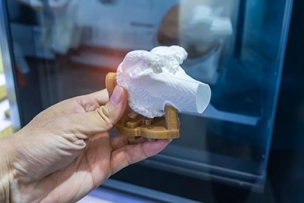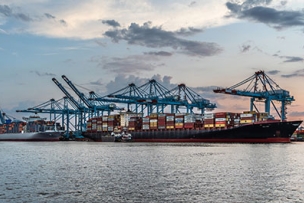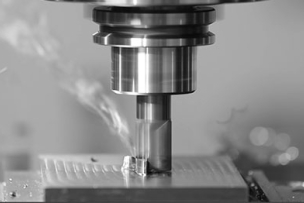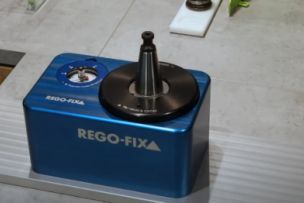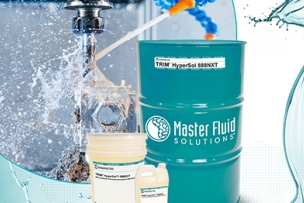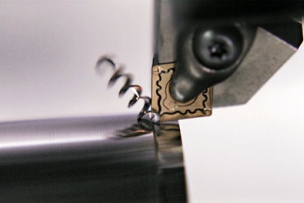By leveraging data from dispensers in smart restrooms, industrial employers can optimize labor, save product waste, enhance employee experience and enable cleaning teams. See how it’s done.
As robots continue their remarkable growth in metalworking and manufacturing facilities, employers need to know how to work safely with them. Read this Q&A from an industry expert.
Kennametal is responding to higher demand for precision machining solutions from the aerospace and medical device industries with an expanding lineup of cutting tools such as micro-drills and Swiss-type turning inserts. Here’s what you need to know.
Even though medical manufacturers continue to machine the lion’s share of all medical implants, additive manufacturing brings special capabilities to the table that CNC machinery will never mimic.
Manufacturers unsure what imports might be subject to new tariffs from the Trump administration are making contingency plans to curb potential fallout.
Aluminum is manufacturing’s preferred metal for products from cars to rockets, medical implants and electronic connectors but improper milling can leave a poor surface finish and damage tools. Here’s how to avoid those problems.
MSC’s Accupro® ST Series, a 3-piece milling assembly that is sold pre-set, pre-balanced and ready to use, leverages the science of machining dynamics to highlight which specific operating parameters will maximize productivity. It helps users address three critical business priorities: competitiveness, revenue growth through capacity gains and overcoming the widening gap in manufacturing skills.
Are you tightening your tools in an overtorqued death grip? Time to catch up with today’s technology and give your tools a breather.
High-quality metalworking fluids like HyperSol 888NXT from Master Fluid Solutions deliver more than heat resistance and lubricity: They can help users prolong tool life, curb production time and even control unpleasant machine shop smells.
The MC6100 series of inserts from Mitsubishi Materials is the second generation of turning grades for steel and steel alloys that can be tricky to machine because of variations in abrasiveness, heat resistance and adhesion. Here’s what you need to know.


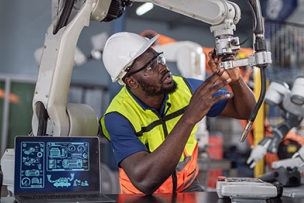
 copy 3.jpg?itok=jDQ0Lywg)
